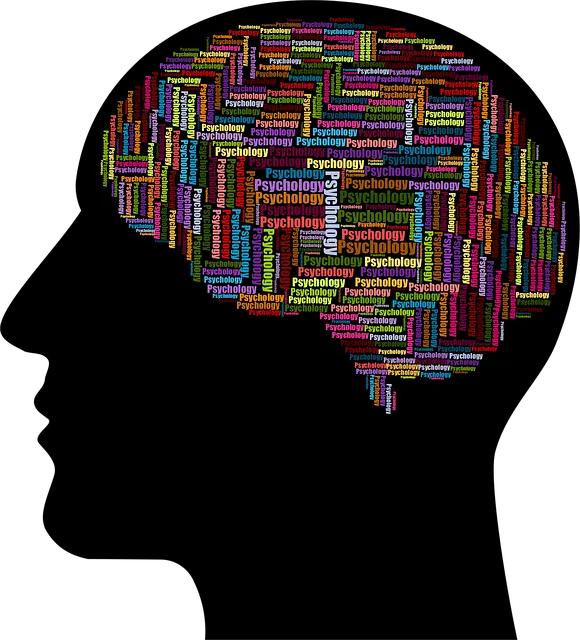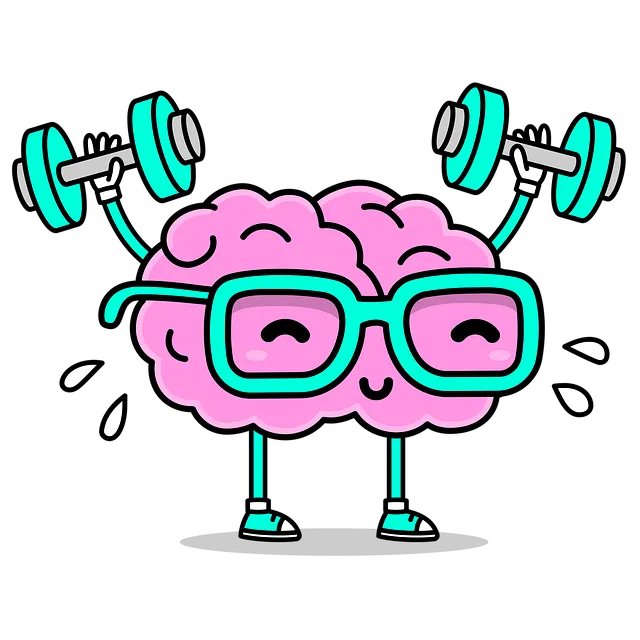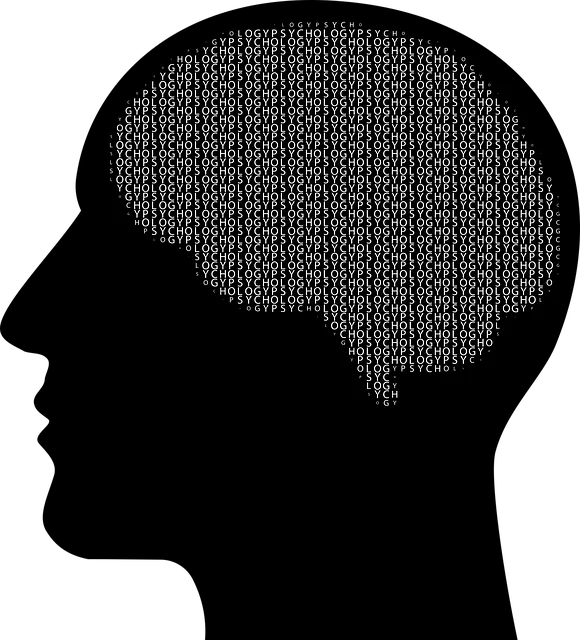Mood regulation involves managing emotions through a combination of past experiences, genetics, stressors, and social interactions. Strategies like positive thinking, mindfulness, and stress management are key, especially in intensive care settings like Kaiser's inpatient programs, which offer holistic healing including art and music therapy. In a fast-paced world, these strategies help individuals cope with daily emotional challenges. Kaiser's inpatient mental health services utilize techniques like mindfulness, physical activity, and social support to improve patient outcomes and promote recovery, emphasizing the "golden does" approach to mental wellness.
“Mood regulation is a complex yet essential aspect of our emotional well-being. This article explores various strategies to navigate and stabilize moods, drawing insights from Kaiser’s renowned inpatient mental health programs, known for their effectiveness, particularly at Golden Does facilities. We delve into the mind’s intricacies, offering practical tools for daily life and emphasizing the vital roles of support systems and self-care in mood stabilization. By understanding these aspects, individuals can better manage emotional challenges.”
- Understanding Mood Regulation: Unraveling the Complex Mind
- Kaiser's Inpatient Mental Health Programs: A Glimpse into Golden Does
- Effective Strategies for Daily Life: Tools to Navigate Emotional Challenges
- The Impact of Support Systems and Self-Care in Mood Stabilization
Understanding Mood Regulation: Unraveling the Complex Mind

Understanding Mood Regulation is a complex journey into the workings of the human mind. Our emotions and moods are intricate elements shaped by various factors—from our past experiences and genetic predispositions to daily stressors and social interactions. Navigating these complexities is crucial for maintaining mental well-being, especially when dealing with challenges like inpatient mental health care at Kaiser.
Emotional Regulation strategies empower individuals to manage and modify their emotional responses. This involves cultivating Positive Thinking as a defense against negative thought patterns. By adopting techniques such as mindfulness, cognitive reframing, and stress management tools, people can gain control over their emotions. Stress Management is a key component in this process, helping individuals identify triggers and develop healthy coping mechanisms to navigate life’s ups and downs effectively.
Kaiser's Inpatient Mental Health Programs: A Glimpse into Golden Does

Kaiser’s Inpatient Mental Health Programs offer a glimpse into their commitment to mental wellness and innovative care. Known for their comprehensive approach, Kaiser provides a safe space for individuals struggling with severe mental health issues. These programs cater to diverse needs, ensuring that patients receive specialized treatment tailored to their unique circumstances. With an emphasis on holistic healing, the inpatient facilities at Kaiser go beyond traditional therapy by incorporating various therapeutic modalities, including art and music therapy, to enhance emotional well-being.
The focus on burnout prevention is evident in these programs, as Kaiser recognizes the challenges faced by mental health professionals. By prioritizing self-care and providing support systems, they aim to improve not only patient outcomes but also the well-being of their healthcare providers. This strategic initiative ensures that mental health professionals can offer their best services, fostering an environment where individuals can begin or continue their journey towards better mental health, with a chance at rediscovering their golden does—a state of inner peace and resilience.
Effective Strategies for Daily Life: Tools to Navigate Emotional Challenges

In today’s fast-paced world, effective mood regulation strategies are essential tools for navigating daily emotional challenges. The Kaiser network offers valuable resources, including inpatient mental health services, to support individuals struggling with their mental wellness. By integrating coping skills development and self-awareness exercises into their routines, folks can enhance their resilience and overall well-being.
Golden among these strategies is mindfulness—a practice that encourages staying present and non-judgmentally aware of thoughts and feelings. This simple yet powerful approach has been shown to reduce stress, anxiety, and depression. Other effective methods include engaging in regular physical activity, practicing deep breathing exercises, and cultivating a supportive social network. Incorporating these practices into daily life can foster a sense of balance and help individuals effectively manage their emotional states, even during the most challenging times.
The Impact of Support Systems and Self-Care in Mood Stabilization

Support systems and self-care are pivotal in mood stabilization, offering a safety net that can significantly enhance an individual’s ability to manage their mental health. Golden does Kaiser have inpatient mental health services? Indeed, structured support networks, both professional and personal, play a crucial role in preventing depression by providing a sense of belonging and validation. Empathy building strategies within these systems encourage open communication, fostering an environment where individuals feel understood and less alone in their struggles.
Self-care practices are integral to maintaining mental wellness. Activities such as journaling can serve as a powerful tool for reflection and processing emotions. Mental Wellness Journaling Exercise Guidance encourages individuals to track moods, identify triggers, and develop coping mechanisms. This proactive approach not only aids in depression prevention but also equips individuals with valuable self-awareness and resilience, empowering them to navigate their mental health journey more effectively.
Mood regulation is a multifaceted process, and as evidenced by Kaiser’s comprehensive inpatient mental health programs, specialized support can significantly impact recovery. Daily life strategies, combined with robust support systems and self-care practices, empower individuals to navigate emotional challenges effectively. Understanding these various tools and finding what works best for each person is key to achieving emotional stability, much like the effective management of a complex tapestry. Kaiser’s approach, focusing on both inpatient care and practical daily strategies, underscores its commitment to fostering holistic mental health stabilization, particularly through its Golden Does programs.






